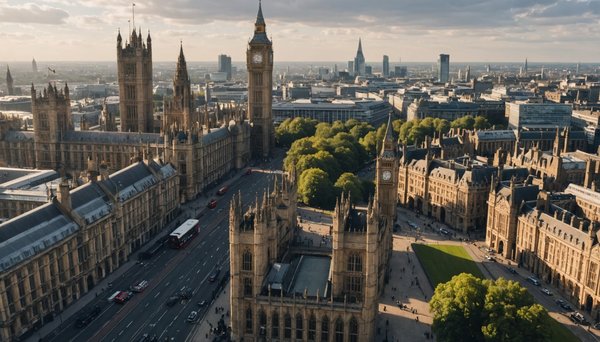Immediate Impact of UK Political Decisions on Daily Life
Policies enacted by the UK government often directly affect household expenses and personal finances. For instance, shifts in taxation or energy price regulations can increase or reduce monthly bills, impacting how families budget. When government policies target subsidies or benefits, they also shape the practical economic experience of many citizens, influencing the cost of living.
Employment conditions reflect political decisions too. Changes in labour laws or minimum wage regulations alter workplace environments and earnings. Such policies can affect job security, availability, and wage growth, shaping how people experience the job market daily.
Access to public services like transportation or council facilities also suffers or improves based on funding and policy priorities. Reductions in local government budgets may limit services, while increased investment can enhance public transport reliability or social support programs.
In summary, the practical effects of UK politics are felt tangibly in spending habits, job conditions, and the quality of services people depend on every day. Understanding these connections helps individuals navigate and respond to political changes more effectively.
Healthcare and the NHS Amid Political Shifts
The NHS often experiences immediate effects from changes in healthcare policies influenced by the UK’s political climate. When funding is adjusted, it directly impacts service availability—delays in treatments and longer waiting times for patients are common consequences. For example, staff shortages arise when budget cuts limit hiring, further affecting patient experience and care quality.
Political debates frequently focus on mental health and social care support. As government priorities shift, policies may either increase resources for these areas or cause reductions in allocated funding. This creates variability in access to specialized services across regions, affecting patients differently depending on local NHS trust decisions.
Understanding how political shifts alter healthcare funding helps clarify why certain treatments become harder to access. It also explains fluctuating staff levels and their influence on overall care quality. These practical effects remind us that healthcare policies are not abstract—they shape real patient outcomes daily. Recognizing this connection empowers citizens to engage in discussions about the NHS with greater insight into how political decisions translate into healthcare realities.

